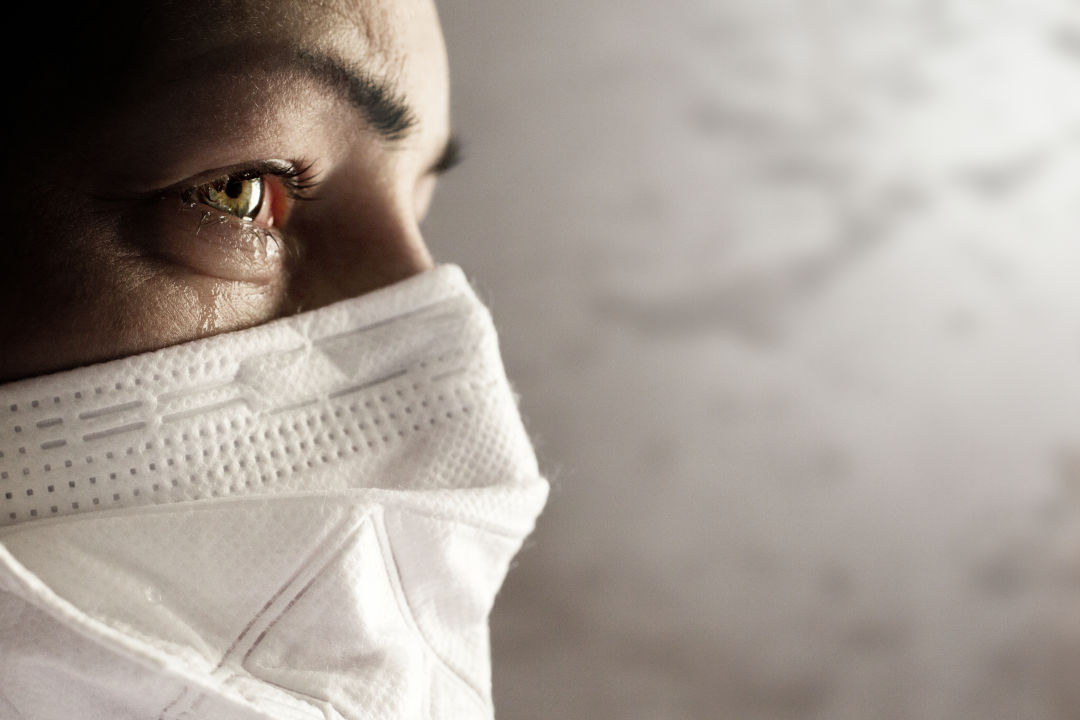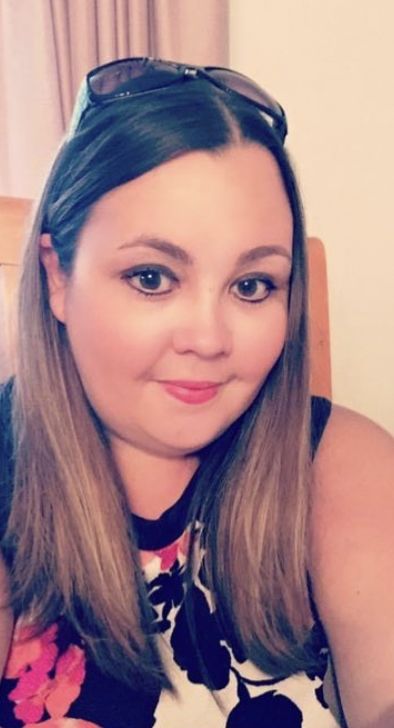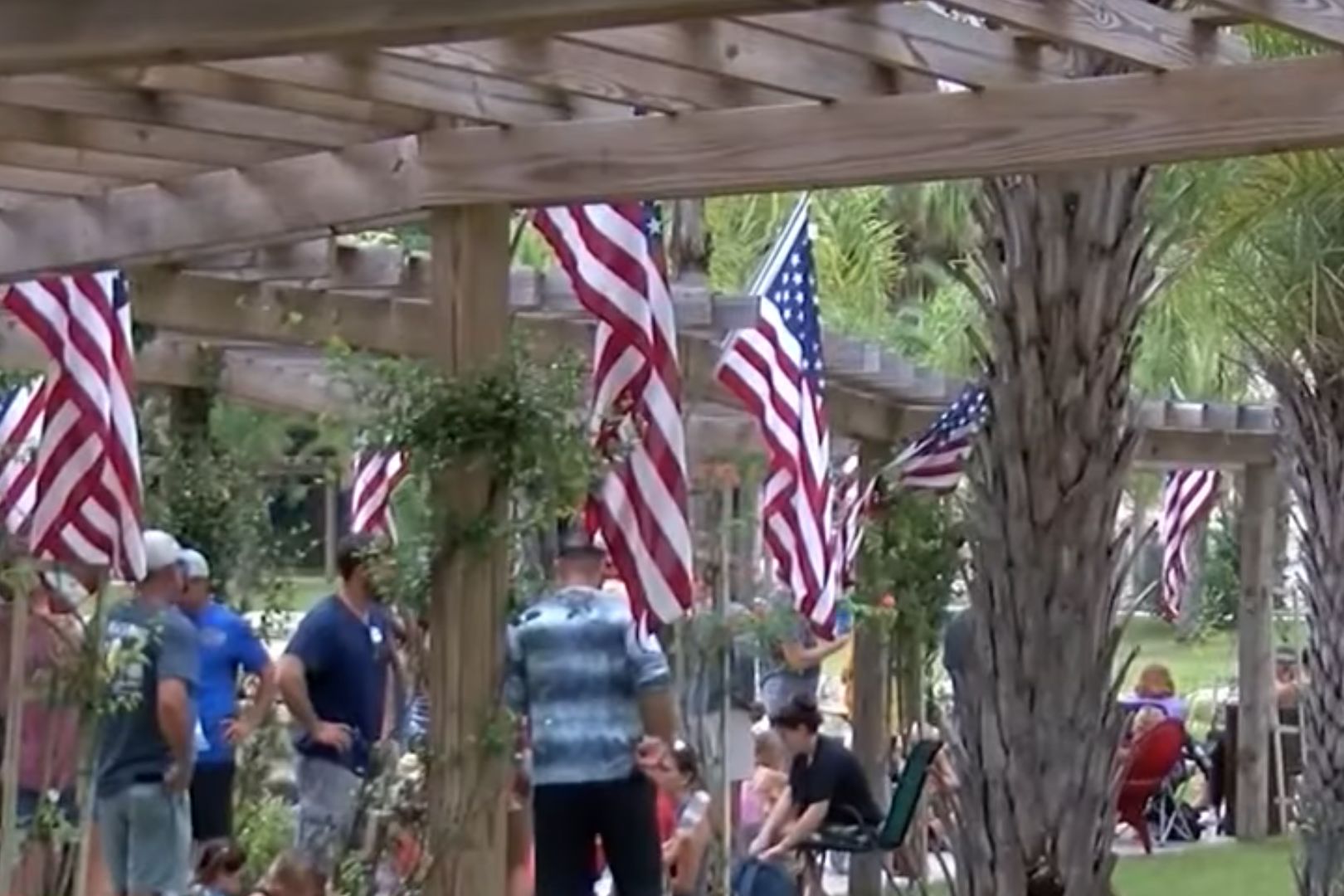'Most Days I Want to Break Down and Cry': Sarasota Nurses Share Pandemic Frustrations

A few weeks ago, I went to the doctor for a regular checkup. I couldn't help but take a closer look at the nurses at my family practice's office. I saw their masks and face shields and, behind them, their tired eyes. In the hour I was there, four people came to the front desk saying they thought they might have Covid-19 and were immediately taken outside for a temperature check and swab test. The sense of unease was palpable.
Now imagine being a nurse on the front lines of the Covid-19 pandemic, in hospitals and nursing care facilities, and feeling that unease every day.
"Will I contract Covid from my patients?" "Will I be able to care for my own family at the end of the day?" "Should I join the fight against Covid and vaccine misinformation online, or will it result in backlash?"
These are questions Sarasota nurses have been grappling with over the last 18 months, as they deal with exhaustion, staffing shortages and vaccine debates—on top of the mental toll the pandemic is taking on all of us.
Registered nurse Karey Papin, 48, worked at Sarasota Memorial Hospital in the adult acute cardiac unit for five years, but left this past June because, she says, she "couldn't watch anymore old people die." She transferred to a pediatrics unit at MCR Health in Palmetto, but she is still dealing with Covid—now, in kids.
"Children are getting just as sick, with the Delta variant," says Papin. "The mask debate in schools and the inability to vaccinate children under 12 has caused more to fall ill, and it's sad."
Papin is one of many nurses who shifted their focus, or even retired, due to the emotional and health toll of Covid-19. She's witnessed intelligent, lifelong nurses leave the career behind, both because of age and susceptibility to the virus.
"They didn't feel protected by their workplace," Papin says.
Hospitals and health care facilities around the U.S. are facing a nurse shortage. Locally, residents have started an online petition calling for higher pay for patient and medical care technicians working on the Covid units. But even higher pay or financial compensation for getting the vaccine may not be enough to convince nurses to stay.
A 2021 study by McKinsey & Company of 400 frontline nurses found that 22 percent may leave their current position within the next year. Sixty percent were more likely to leave since the pandemic began. Over one million nurses will be needed by 2030 to replace them. The American Nurses Association's president Dr. Ernest Grant has declared the nursing shortage a "national crisis," saying "nurses alone cannot solve this longstanding issue and it is not our burden to carry."
To combat mental health issues like post-traumatic stress, organizations like National Nurses United have extended free mental health resources to nurses.
"The silence is deafening on the floor," says Papin, as she remembers the experience of walking into rooms where no family members were allowed and only nurses were interacting with patients. "It felt like we were fighting alone."
At times, she says, the technology surrounding patients suffering from Covid was overwhelming. "It looked like Invasion of the Body Snatchers in the ICU, with patients hooked up to every tube and line imaginable," she continues. The long hours and grief nurses are going through make Papin frustrated with vaccine hesitancy. "I don't understand why some nurses wouldn't get vaccinated after seeing this," she says.
Vaccination is still not required for medical staff at Sarasota Memorial. However, this may soon change. The Biden administration announced last week that health care facilities with certified Medicare and Medicaid status will have to require its employees to be vaccinated.
"Thirty percent of my patients died from Covid-19," says long-term and acute rehab nurse Terra Kater, 40. "This was pre-vaccine and treatment. We felt like we were just taking shots in the dark."
Patients at the Venice nursing facility where Kater works were 100 percent vaccinated as of January. Since then, the facility has not seen a single case. She hopes it stays that way, but with visitors returning, and staff not fully vaccinated, she still worries.
"I've had difficult conversations with families, patients and staff about getting vaccinated," says Kater. "So far, each one has made a positive impact." Staff continue to be tested weekly and they wear masks and personal protective equipment, but Kater feels it's only a matter of time before vaccination is needed.
"It's frustrating," says Kater, when referring to medical professionals and patients who still refuse to be vaccinated. "It feels like a slap in the face."
"We've been required to get vaccines all our lives—in middle and high school, college, in residency," she continues. "Some hospitals even require staff to get boosters protecting sick and vulnerable patients. This should be the same."

Terra Kater, aka, @wooanonwarrior on Instagram.
To help fight Covid-19 vaccine fear and widespread misinformation, Kater runs an Instagram account called @wooanonwarrior, which has more than 6,000 followers. She created the account after receiving hate messages and threats from anti-vaxxers on her personal Facebook page. Kater even had her personal information leaked online by a stranger, a practice known as doxxing, and had to report the incident to the police.
Kater says every other health care provider she knows has received hateful comments or has had to combat misinformation about the vaccine.
"We are trying so hard to save your loved ones," says Kater. "We are the ones watching them die. Most days, I want to break down and cry at work."
Sarasota Memorial and Doctors Hospital of Sarasota oncology nurse Claudia Burga, 36, contracted Covid in July 2020 and was hospitalized for four days. She received treatment in the form of convalescent plasma, and as soon as vaccines became available, she had her entire family vaccinated. She says the experience has given her empathy for the patients she sees.
"I feel for those who are afraid to get vaccinated, or those with breakthrough cases," says Burga. "As nurses, we need to treat everyone the same regardless of vaccination status."
Like Papin and Kater, it's the unvaccinated nurses Burga has a hard time wrapping her head around. A nurse friend in Tampa died of Covid-19. She was in her 30s, worked in an intensive care unit and was unvaccinated.
"Whatever you choose affects the people around you, especially immunocompromised people, like the cancer patients I treat," Burga says.



